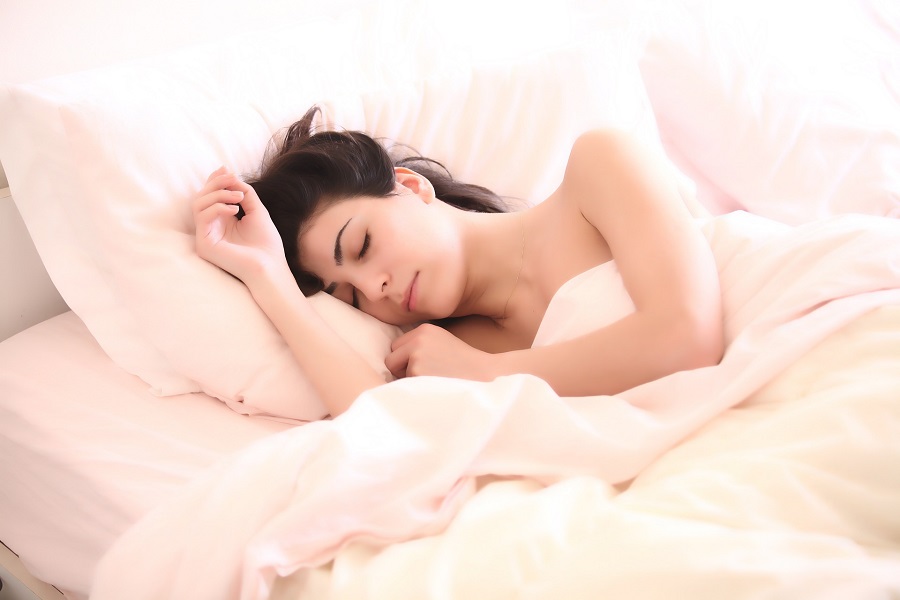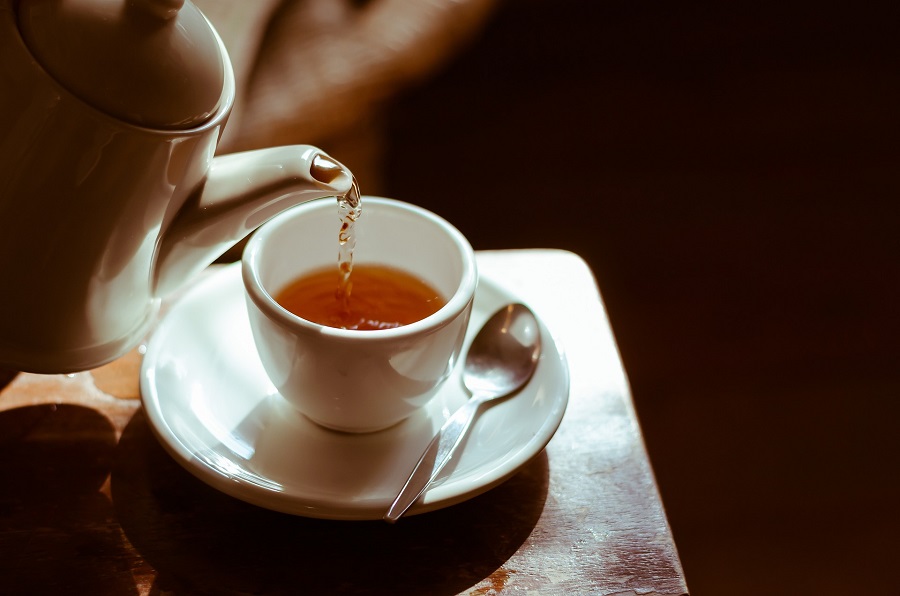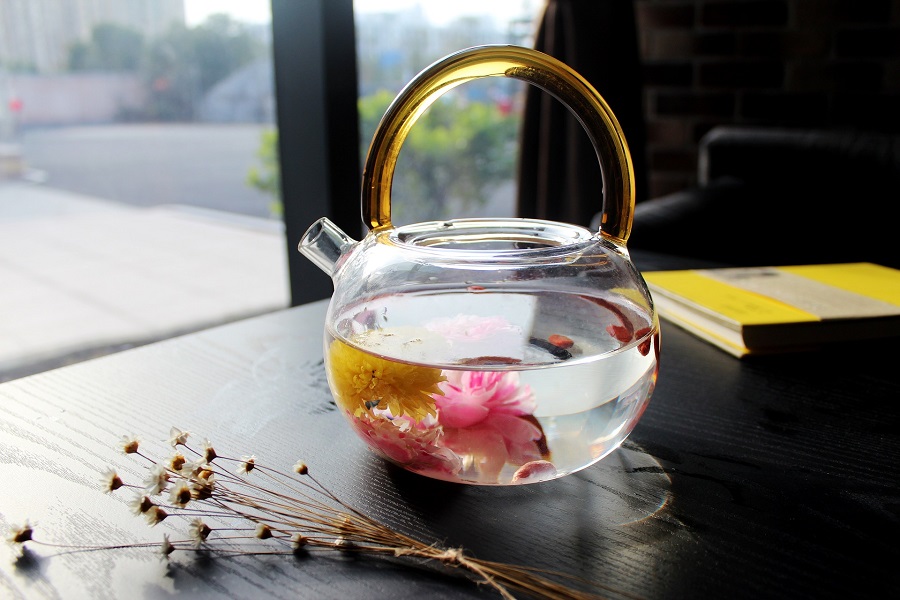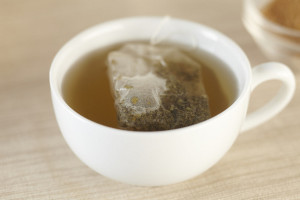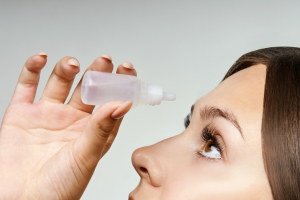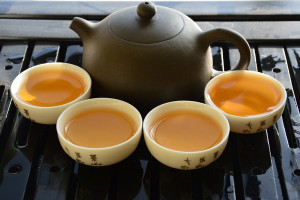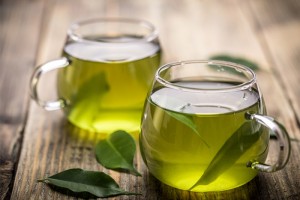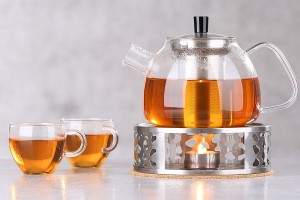Can you drink tea instead of water?
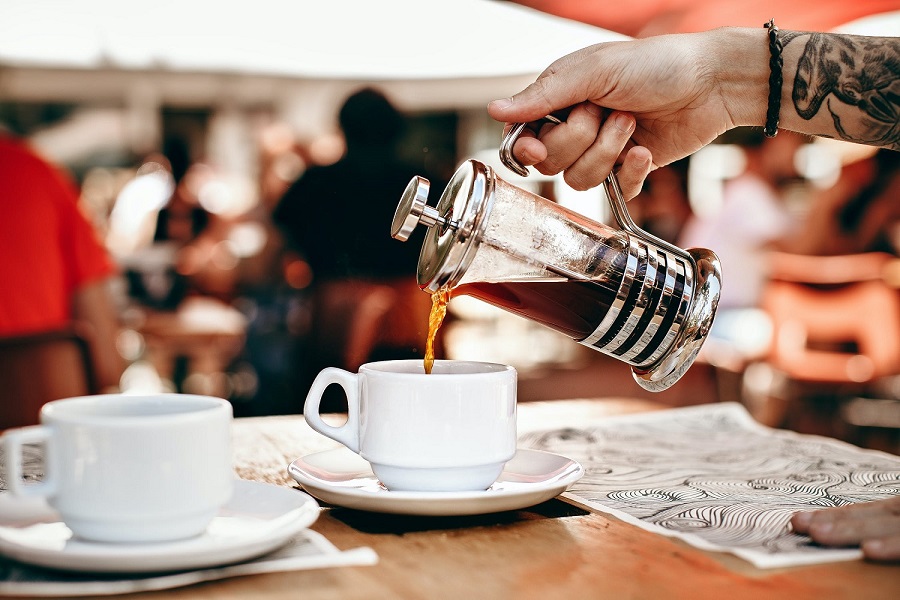
Drinking water is essential in enabling you to stay hydrated and keeping your organs and tissues functioning well. While the recommended amount of water is 8 cups a day, not everyone can actually do that. And of course, some of you just don’t like drinking plain water. Can you replace water with tea? Or is drinking tea equivalent to water?
Tea is better than water
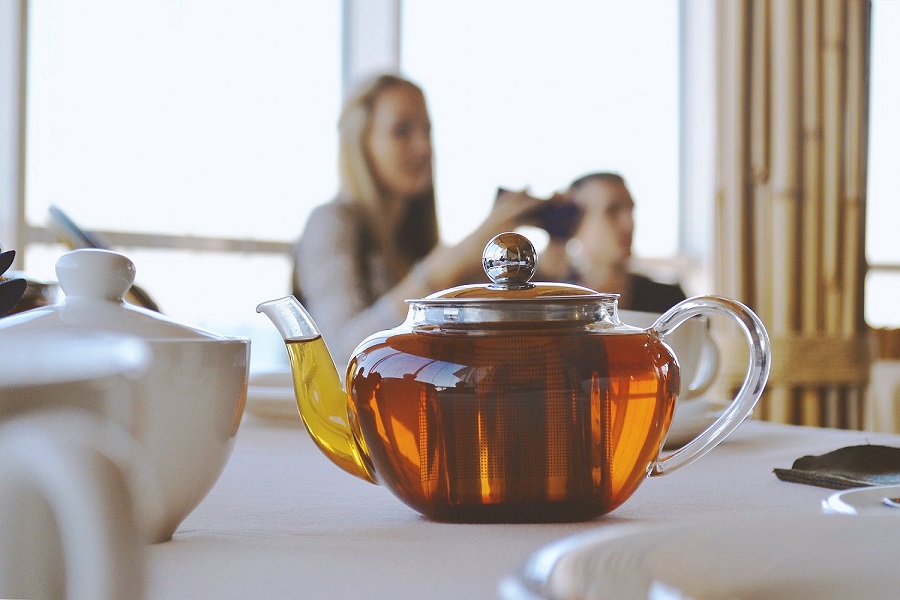
It’s true that your body needs enough fluid to function well. But not all your daily fluids come from water. Scientists say that about 20 percent is from the food you eat, and the other can be absorbed from water, tea, coffee, and other sources. Besides, tea has many extra benefits that plain water doesn’t have. For example, it can improve your cardiovascular health, lower the level of bad cholesterol in your body, and reduce your blood pressure. The antioxidants and flavonoids contained in tea are chemicals that can prevent cell damage. As a result, you will be less likely to develop diseases like heart disease and cancer.
Tea does not dehydrate you
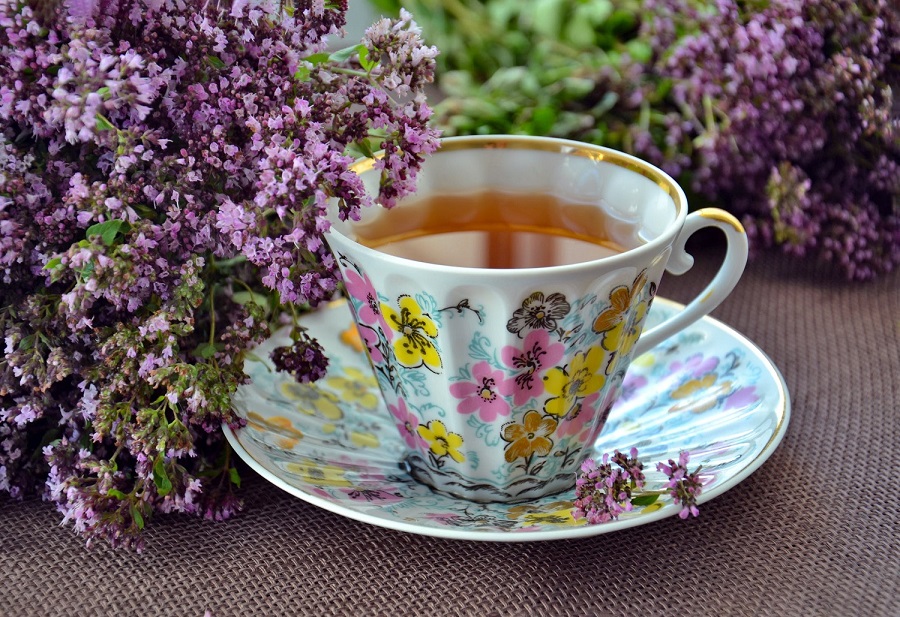
There is a rumor about tea prevailing that tea will dehydrate your body due to the caffeine in it. People say that because caffeine has a diuretic effect on your body. That is to say, it will cause you to urinate more frequently, and as a result, cause you to dehydrate faster. However, the fact is, unless you drink a great amount of tea – for instance, more than 8 cups at once, you will not lose more fluids than you drink.
How to reduce the effect of caffeine
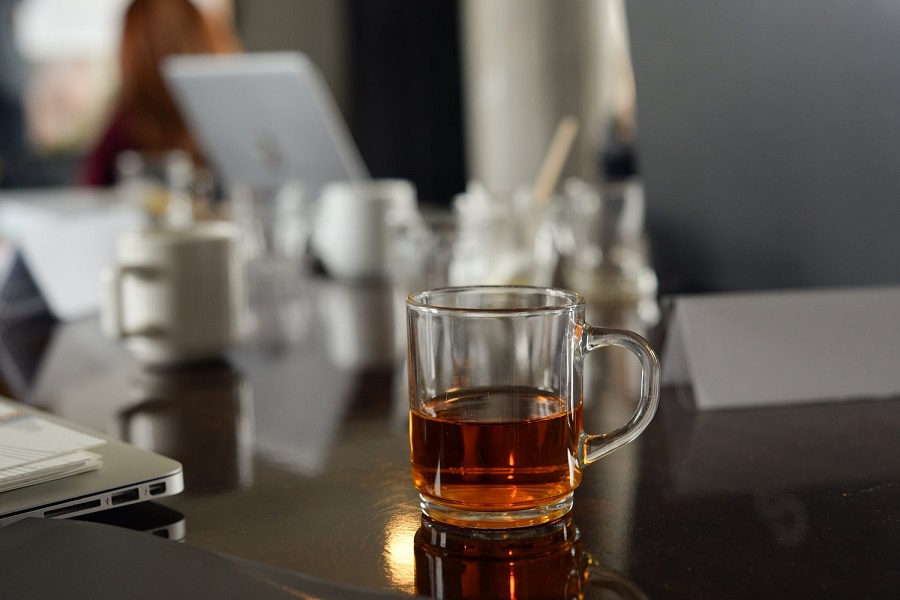
Some of you may be concerned about the amount of caffeine you take in from tea. You should know that most tea contains caffeine, including black tea, white tea, and oolong tea, with black and oolong containing the most caffeine. More specifically, an average cup of tea (24ml) has about 33-38mg of caffeine, while the caffeine content can sometimes be up to 120mg. Just remember, as long as you drink less than 3.5-8 cups of tea at once, you will not suffer from dehydration at all. If you are very sensitive to caffeine, you can also try decaffeinated tea. Except for significantly less caffeine, they contain the same health benefits as other teas.
Read More:







